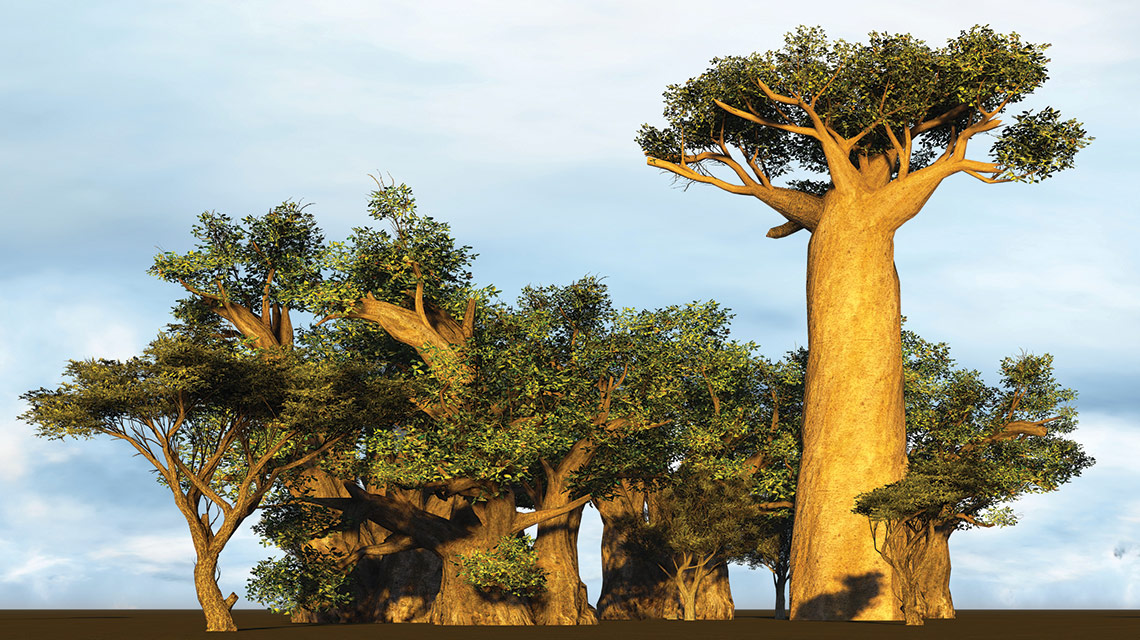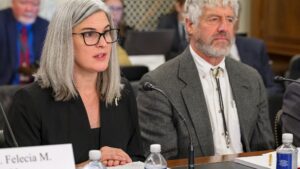While one area of the world strives to keep funding resources to maintain a national treasure, other areas such as Africa and Thailand work to develop their capacity and build new facilities.
STATUS INDIA
The Forum of Former Vice Chancellors of Karnataka State Universities (FVCK) and the Association of Biotechnology Led Enterprises Agricultural Group (ABLE-AG) released a new book titled “GM Crops: Perception versus Reality,” written by T. M. Manjunath and K. S. Mohan. The authors have more than 40 years of research experience in plant protection and biotechnology in both the public and private sectors.
The book discusses commercial cultivation of genetically-modified crops and stresses their importance in effective pest control and better weed management in selected crops, resulting in increased crop production and a significant reduction in the use of pesticides.
The book addresses common public perceptions around biotechnology by presenting scientific facts and data from authentic and credible sources. The electronic version of the book will be available soon at www.agrifocus.org/able-ag/.
STATUS THAILAND
Thailand’s Princess Maha Chakri Sirindhorn has instructed the Royal Thai Air Force to set up a center to breed and preserve rare plants on Doi Inthanon National Park in Chiang Mai.
The Air Force Chief Treetos Sonjaeng says the princess has told the air force to use areas around its air defense system station, and areas near two pagodas on top of the mountain, to set up the breeding and conservation center.
The princess says the cold climate on the mountain is suited to grow winter-blooming plants and trees, Sonjaeng says. Doi Inthanon is the country’s highest peak in Chiang Mai.
Sonjaeng says the air force will first experiment growing sakura trees, hoping they will produce flowers. He says construction of the plant breeding center is expected to be complete by April 2.
STATUS UNITED KINGDOM

Clegg pledged £1.5 million extra cash to Kew in Sept-ember to help plug a £5 million budget hole that would have cost 125 posts, mostly in science. The additional funds mean Kew is supported by the government until April 2016 and will be able to apply for other government loans to maximize income.
“Kew is so much more than a garden and green space,” Clegg says. “Its reputation as a botanical research base and center for science is world-renowned. Balancing the books in this country has meant budgets are tight, but I’m delighted to be able to commit continued funding for Kew as both a leading research hub and beautiful tourist attraction.
“Supporting scientific excellence in the UK is a key part of strengthening Britain’s economy, and this government is focused on enabling research and development work to prosper across the country. This funding will support scientists to continue their work, safe in the knowledge that this government supports their work.”
Kew Director Richard Deverell adds that this money will go some way toward managing Kew’s journey to a sustainable financial future. However, he says Kew seeks greater stability in government funding.
“An assured long-term funding settlement would be invaluable for effective planning, reduce volatility and would allow us to come out of this transition phase on a firmer footing, with a clear strategic vision for our organization,” Deverell explains. “This is obviously good news for Kew, but it cannot stop here. Kew needs long-term certainty so it can restructure itself for a sustainable future. Kew is one of the most amazing things we have in the country. It’s a national treasure — it has 7 million plant specimens, 2 million visitors a year and it’s impossible to exaggerate its importance to the world’s scientific community.
“It is at the very cutting edge of research into food security and climate change, and it is hard to square that work with the steepness and depth of the proposed cuts.”













